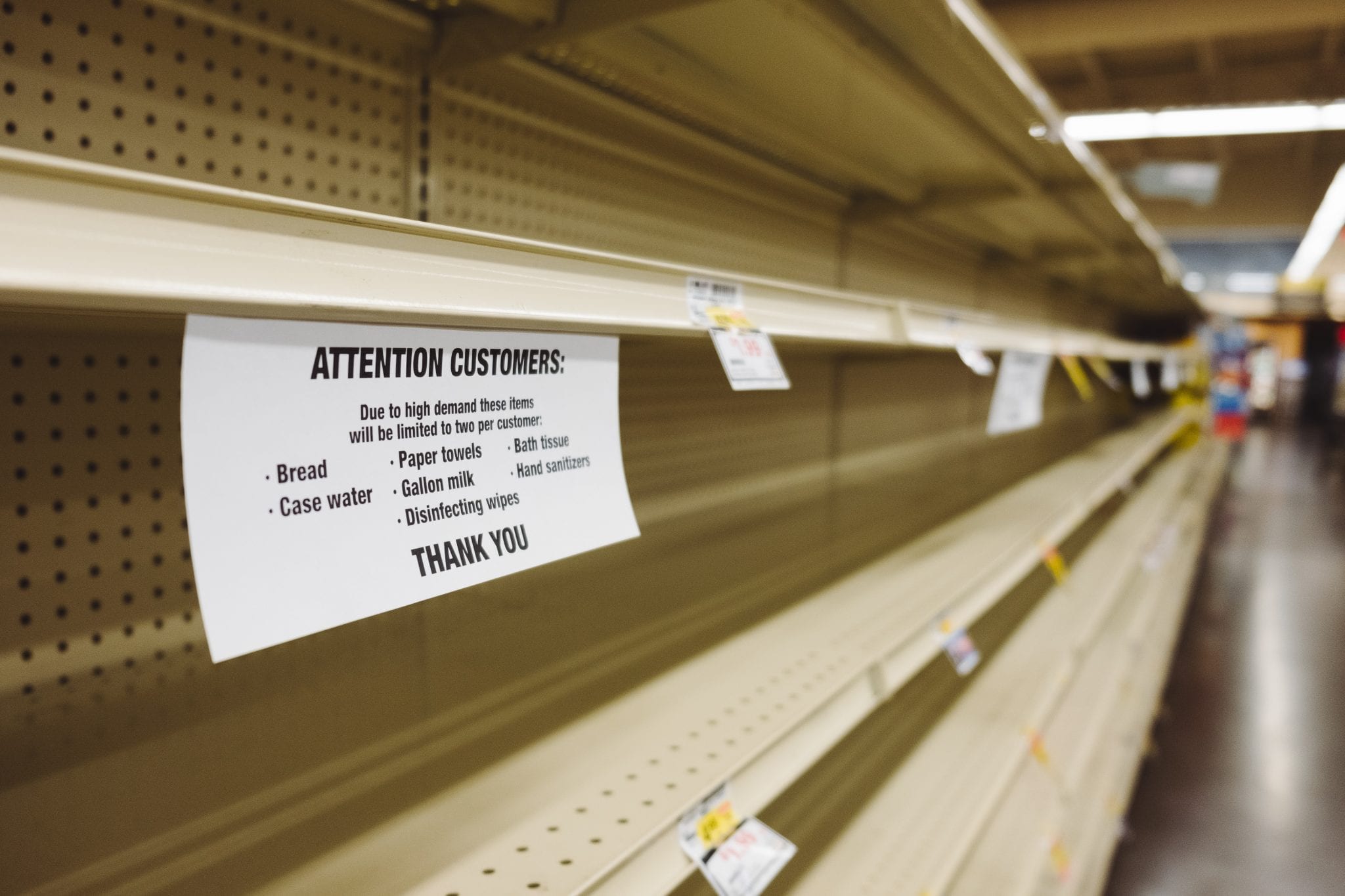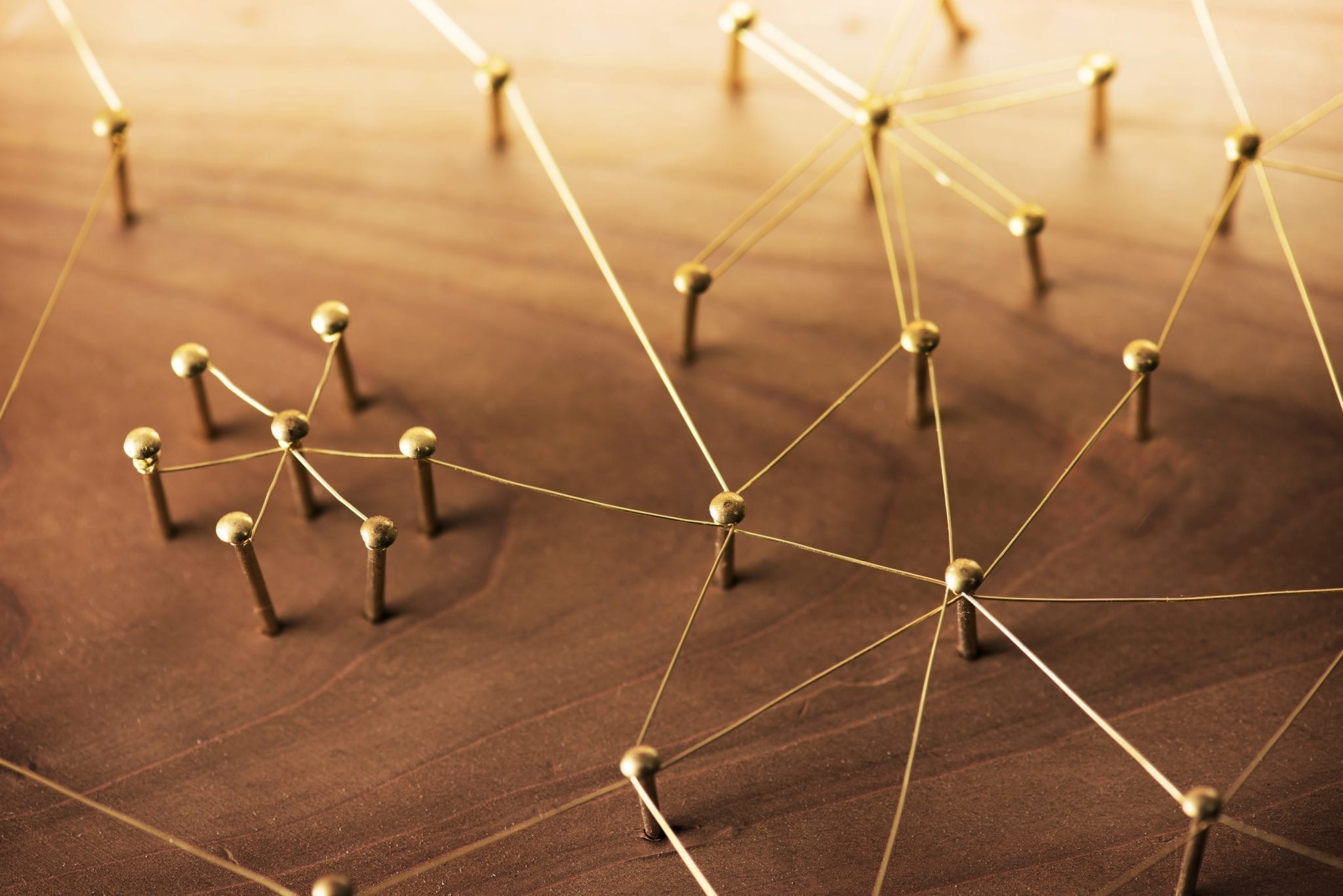Consumers nowadays are more demanding than ever. They are getting smarter, less patient and better informed, something which can be largely attributed to technological advances. This trend causes the power divide between consumers and organisations to increasingly move in favour of the consumer. Hence, consumers expect to be serviced to their likes and organisations are searching for opportunities to do so. In January 2018, the new Payment Service Directive 2 (PSD2) legislation seemingly catalyses this trend. But at what cost? This article will dive into the opportunities and threats of the PSD2 legislation related to consumer-organisation power paradigm.
Safer and more competitive banking
Without getting into too much detail, The PSD2 legislation stems from the in 2013 introduced PSD regulation which aimed at creating a single payments market in Europe. The PSD2 legislation leaps forward by aiming at reducing the cost of paying bills, making online payments safer and stimulating more competition in the market. The legislation comprehends more but, for the sake of this article, the main takeaway is that third parties can get access, with consent of the consumer, to payment and account information. This 'open banking' perspective provides enormous opportunities for both third party providers and banks to develop new products and services. But what is the real impact of this regulation on both organisations and consumers and who can be considered the winners and losers?
Potential for consumers
The introduction of PSD2 offers tremendous opportunities to the consumer. As banks have to open their banking platforms, the consumer can allow any other organisation access to their account and payment information. This means third party providers will be able offer services and products which banks have not been able to offer so far, thereby pressuring banks to develop improved services as well. An interesting example is the integration of in-store shopping with automated payments without human interference. When somebody is shopping for groceries, ordinarily this person must wait in line to pay for the groceries at the register before leaving the store. When given consent, the new legislation allows third parties to automatically transfer money from the shopper to the shop owner when (s)he leaves the store. As a result, the shopper has a smoother shopping experience by avoiding the inconvenience of a waiting line. Other examples are personal financial management or advanced spending pattern services.

The power of information
Despite these advantages, the new PSD2 legislation triggers another, less optimistic discussion as well. Security has been a hot topic before the introduction of PSD2, but will be more so afterwards. Consumers have to give consent whenever a third-party provider wishes to receive access to their account or payment information. As the market opens up, any third party may enter it. This includes parties with bad intentions such as fraudsters. It will be more difficult to assess which parties can be trusted and which cannot. In line with security, privacy has been a popular topic in the past few years. Each time consumers use new services and products they have to share their personal (banking) information. This is the point where consumers lose (a part of) their bargaining power. The reason for this is that the average consumer is not interested in, or capable of finding out the consequences of sharing personal information. Besides using the information for providing a service or product, organisations may (and often do) use this information for their own gains. Options include selling this information to other parties ('oil is no longer the most valuable resource, data is') and using it for 'consumer unfriendly' offerings. Currently, 'BigTech' companies such as Google, Amazon and Facebook already have a large impact on many aspects of our lives by harvesting information such as location, demographic and behavioural information. Adding personal banking information to this influence will only increase the impact on our lives. The more power these giants have, the less power the consumer ends up with.

Perceived versus actual consumer power
The purpose of this article is not to announce world domination by Google and Amazon. However, it does try to show that besides providing benefits such as increasing the quality of our lives, adopting certain services or products may have possible dangers as. Everything comes at a price and perceived power may not be actual power.



